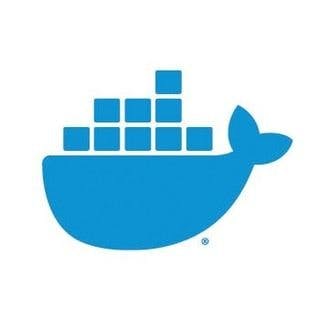- Valuation Model
- Expert Interviews
- Founders, funding
What led to Docker's shift to a developer-focused strategy and how has it changed post-recapitalization?

Scott Johnston
CEO at Docker
The big learning from that was that it’s not just about Swarm and Kubernetes. When you’re selling into a company, one really needs to—and this sounds obvious in retrospect—align your monetization as close as possible to that part of the org or those users in the org that are getting value from the product.
What we had in 2019 was this fantastic bottom-up adoption—developers just loving the product, bringing it into the organization, using it at home for their hobbies etc.
But the monetization was over here with ops, while the bottoms-up love and out of control—and I mean that in a good way—consumption was on the developer side.
We're going in and Ops is calling us because, "Hey! My developers are going crazy over this stuff. Can you come in and talk to us?" We had to go in and even though developers knew about Docker, were excited by it, we had to educate Ops. We spent a lot of time doing education. The most cynical or negative Ops people would say, "This is just one more thing I have to manage that these devs are throwing at me, and I have to pay for it as well?”
What we had was a lot of go-to-market time, money, and headcount being spent on Ops, which was organizationally—particularly in these large organizations—pretty far away from where the bottoms-up love, consumption, usage, and real value was being recognized.
That is what we corrected with the pivot. We said, "A lot of consumption, love, value has been recognized over here with developers. Let's not try to ask ops for a check. Let's instead talk to development managers. Let's completely redo our go-to-market.”
Instead of going top-down, enterprise, kick down the door and talk to the C-suite, we decided to flip it 180 degrees and go bottom-up, developer-led, consumption-based.
Only once developers were seeing value at scale would we go talk to their manager and ask them to swipe their credit card.
It's really about tightly coupling value realization with the same organization that holds the budget to afford that value.
Ultimately, in 2019, we kept the open source assets, the brand, and all the developer-facing tooling, and IP but we sold off the commercial IP that was around production, operations, and tools. We completely redid the go-to-market, which became completely bottom-up and dev-led—in fact, we didn't have any sales for the first 18 months of the new company. It was all credit card-based. And we had maybe one or two marketers who were completely digital marketers.
Docker is an application development platform based on open source technologies that allows developers to create, deploy and manage containerized applications.
